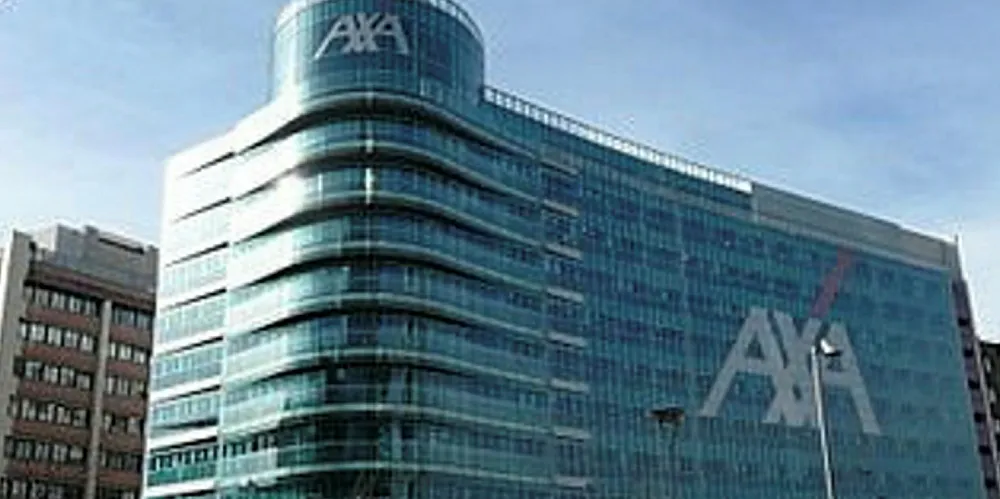Insurance giant: ‘Land-based is very much a loss business’
RAS counts for less than 2% of premiums but 5% of claims.

Land-based fish farming, or more generally speaking recirculating aquaculture systems (RAS), are incredibly difficult to insure and “very much a loss business," according to Geir Myre, global head of aquaculture at insurance heavyweight AXA XL Catlin.
The company is currently insuring aquaculture projects in 30 countries, in the Nordics, the United Kingdom, Chile and Canada among others, with 60 percent in salmon, 30 percent in sea bass and seabream and 10 percent in other species.
“Insurance is calculated gambling, but we have already been through some large claims for RAS,” said Myre.
However, Myre said it is strange that RAS is so difficult to insure, when you can insure taste buds if your profession involves taste, fingers if you are a master at yoyo, or being kidnapped by aliens. "So why is RAS so difficult?"
While most insurers say no to insuring RAS systems, AXA XL Catlin “is pragmatic," said Myre.
The company has 37 percent of world market in aquaculture insurance, “so we can afford it," he said.
When it comes to RAS insurance it is like going back in time to the early days of aquaculture insurance where people have to pay a serious premium to get cover, said Myre.
Stats more or less non-existent
The problem lies in the lack of information or historic data available to insurers, said Myre. “There are many variations of different RAS technologies...and many claims with unknown causes.”
“We hate it when we don’t know what happened,” said Myre. “So we need more understanding of each claim going forward.”
RAS is different to normal farming at sea, because there can be 364 good days, but it only takes one day to destroy it all in a land-based system.
“So for us, RAS less than 2 percent of premium but 5 percent of claims,” said Myre. “It is very much a loss business for us today.
“Ideally, we need a lot of claims and a lot of clients to get exact control and understanding but that is not the case for the time being.”
According to Myre, globally there are currently RAS projects in the pipeline to produce around 45,000 metric tons of salmon.
“This it too much for one insurance company, we cannot and will not cover it alone,” he said. “We need a consortium of companies to do this, moving to Marine insurance kind of underwriting."
However the insurance sector is not 100 percent negative when it comes to RAS, said Myre. “But we want all factors on the table before we decide, and we want time to examine it and understand it,” he said.